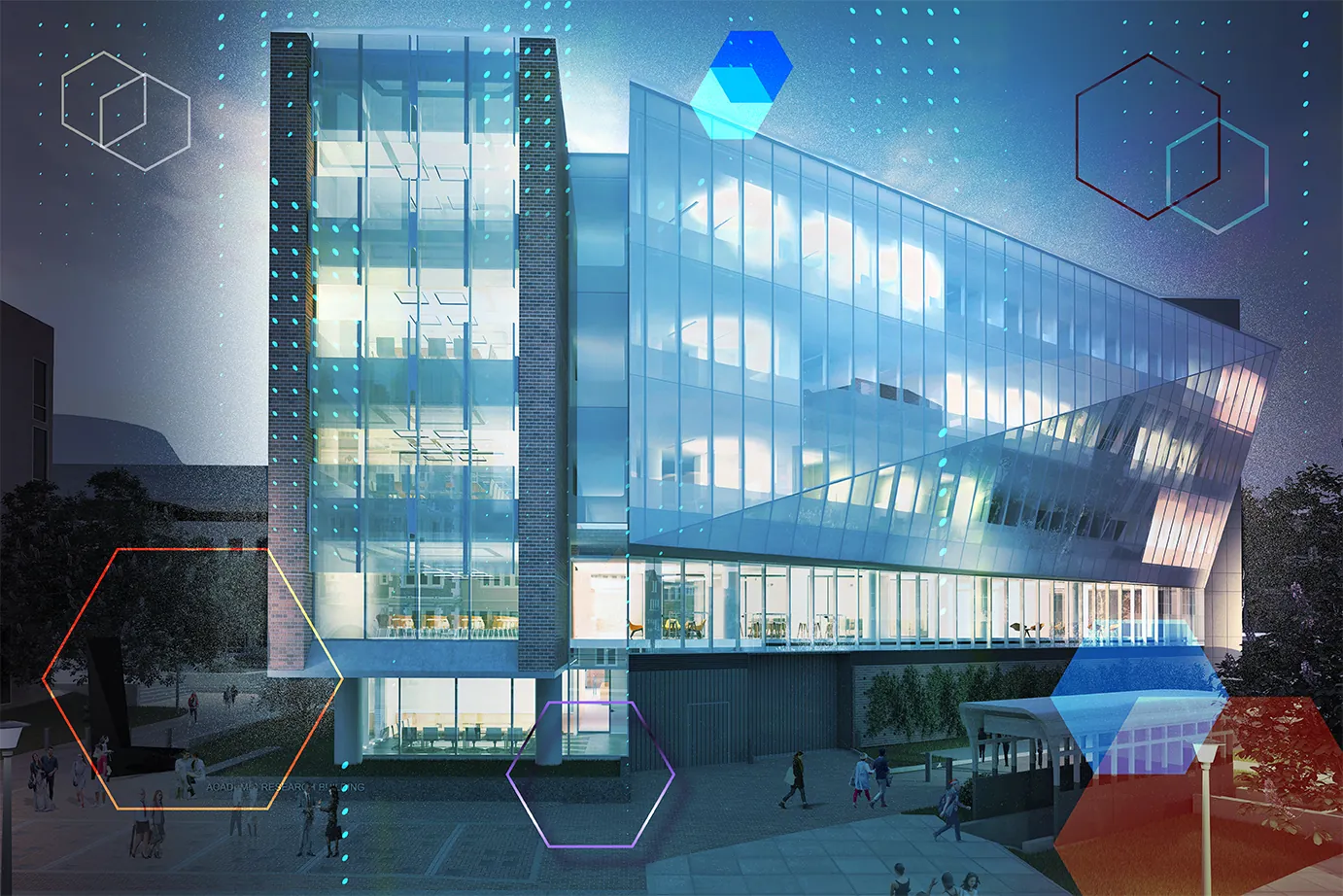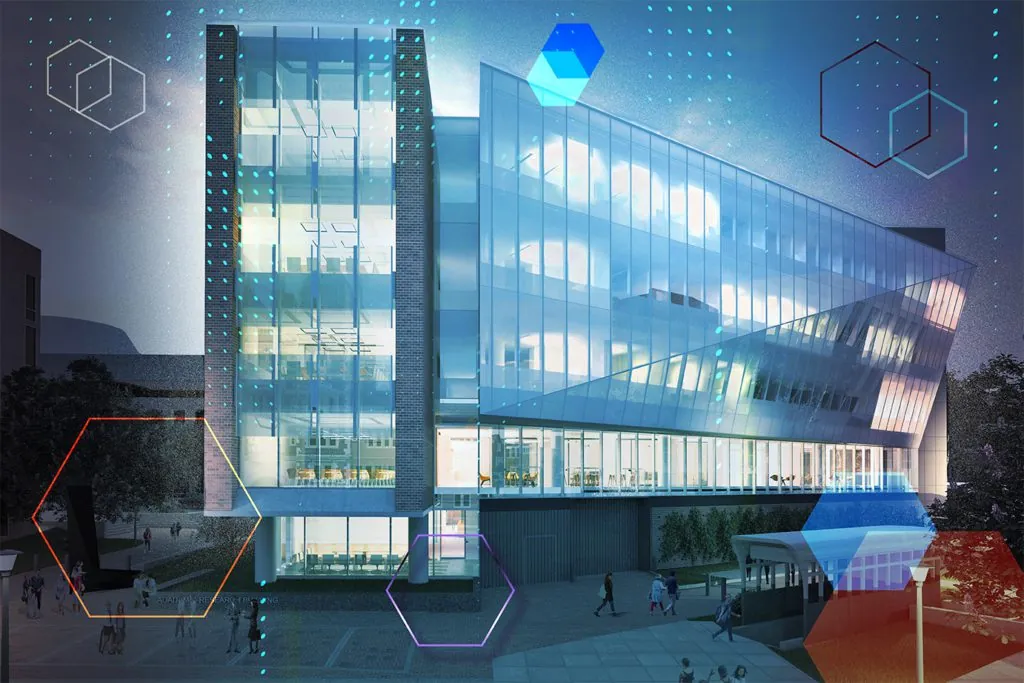
‘We're Paying A Quarter Of A Million Dollars To Get Graded By AI’: Wharton EMBA Students Speak Out
作者:Marc Ethier

Students in the elite Wharton EMBA program say they are being graded by AI. “There’s a difference between constructive AI integration and invisible automation,” one student says. “Right now, it’s the latter”
Editor’s note: First of two articles. The second will be published Tuesday, September 23.
It started with a pattern. Writing assignments came back with minimal or vague comments. Point deductions were confusing. Feedback was repetitive, impersonal — and at times, made no sense. “It was very clear the grading was done by AI,” one student wrote in a chat during a recent town hall.
Another student added: “Feedback hasn’t been clear enough to understand how to do better.”
A third echoed the same frustration: “It wasn’t clear how it was graded and why points were taken and what could be improved.”
The Zoom town hall, which was transcribed using Fireflies.ai, offered students in Wharton’s Executive MBA program a rare opportunity to publicly — if briefly — express their concerns to senior leadership. The irony wasn’t lost on participants: a meeting meant to be off the record was itself being transcribed by AI.
WHEN STUDENTS ASK QUESTIONS, GRADES GO UP — NOT FEEDBACK
The moment echoed concerns published in Poets&Quants’ recent series on Stanford Graduate School of Business, where MBA students at that elite institution voiced frustrations with a lack of feedback and over-reliance on AI-powered grading tools. (See “We’re Not Learning Anything”: Stanford GSB Students Sound The Alarm Over Academics, “AI Is Devaluing The MBA”: Stanford Students Speak Out On Curriculum Lag & The Risk To The B-School’s Brand and “We Expected More”: Stanford GSB Students Call For Higher Teaching Standards.)
According to a current Wharton EMBA student who spoke to Poets&Quants on condition of anonymity, concerns about grading practices are widespread among those in the program — but often dismissed. “Multiple students across cohorts feel the same thing,” the student says. “You’re never told that AI is grading your work, but it’s obvious.”
The student describes a culture where clarity is elusive: When students request feedback, they often receive nothing helpful — or worse, silence. “In one case, classmates asked why they lost points,” the student says. “The professor or TA just bumped the grade to 100 rather than explain anything.”
The student describes making a request for a rubric for a major assignment — and being told, in writing, that releasing a rubric would “fundamentally change the nature of the MBA.”
“That’s absurd,” they say. “What it really means is, they don’t want to be held accountable for how they grade.”
‘SHOULDN’T PROFESSORS HAVE TO DISCLOSE AI USE IF STUDENTS DO?’
In the town hall chat, one of the most pointed comments came from a student who asked, “Shouldn’t professors have to disclose AI use if students do?”
Students in the program are required to disclose if they use AI tools on assignments, and in some cases must submit both the prompt and the output. But the same standard doesn’t appear to apply to faculty — even when AI tools may be influencing or executing grading decisions.
The issue, argues the student who spoke to P&Q, isn’t just the use of AI — it’s the lack of transparency. “There’s no disclosure. No framework. No policy. Just this creeping reliance on AI to save labor. It devalues the work.”
They say that while some faculty are thoughtfully integrating AI into the curriculum, especially in quant-heavy courses like economics and accounting, others appear to be outsourcing core teaching responsibilities — or at least feedback — to software.
Reached for comment, Richard Waterman, deputy vice dean for academic affairs for the Wharton MBA Program for Executives, tells P&Q: “We value student feedback and proactively gather input in multiple ways to ensure community voices are heard. Students are encouraged to discuss any concerns about their grades with their instructor and School leadership. They are also encouraged to share candid feedback in their course evaluations, which play a key role in identifying areas for improvement and ensuring quality.
“We remain committed to continually seeking input and using it to guide ongoing enhancements to our program and the student experience.”
‘THE BLIND LEADING THE BLIND’
Wharton is the top-ranked EMBA program in the United States according to both Poets&Quants and U.S. News. Total tuition and fees for the Wharton EMBA class entering in 2025 are $238,620, or $39,770 per academic term, not including the cost of textbooks, travel, and other expenses.
If all the students in a single Wharton EMBA cohort pay the full $238,620, based on the size of the current cohort (222 students) the program generates approximately $53 million in revenue for the school for each class. For Wharton, it is one of the most lucrative degree programs in business education.
And yet it seems, as the student tells P&Q, “We’re paying a quarter of a million dollars to get graded by AI.”
The problem, they add, isn’t just AI use — it’s unaccountable AI use. “There’s a difference between constructive AI integration and invisible automation. Right now, it’s the latter.”
They’re not opposed to the technology itself. In fact, as someone who has worked in tech, the student uses AI regularly — but with controls, human oversight, and domain awareness.
“AI can be valuable,” they say. “But you can’t use it as a crutch, especially in a program that costs more than a Ferrari.” Wharton’s approach, they argue, is the worst-case scenario: “The blind leading the blind.”
